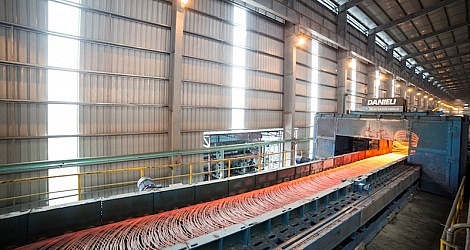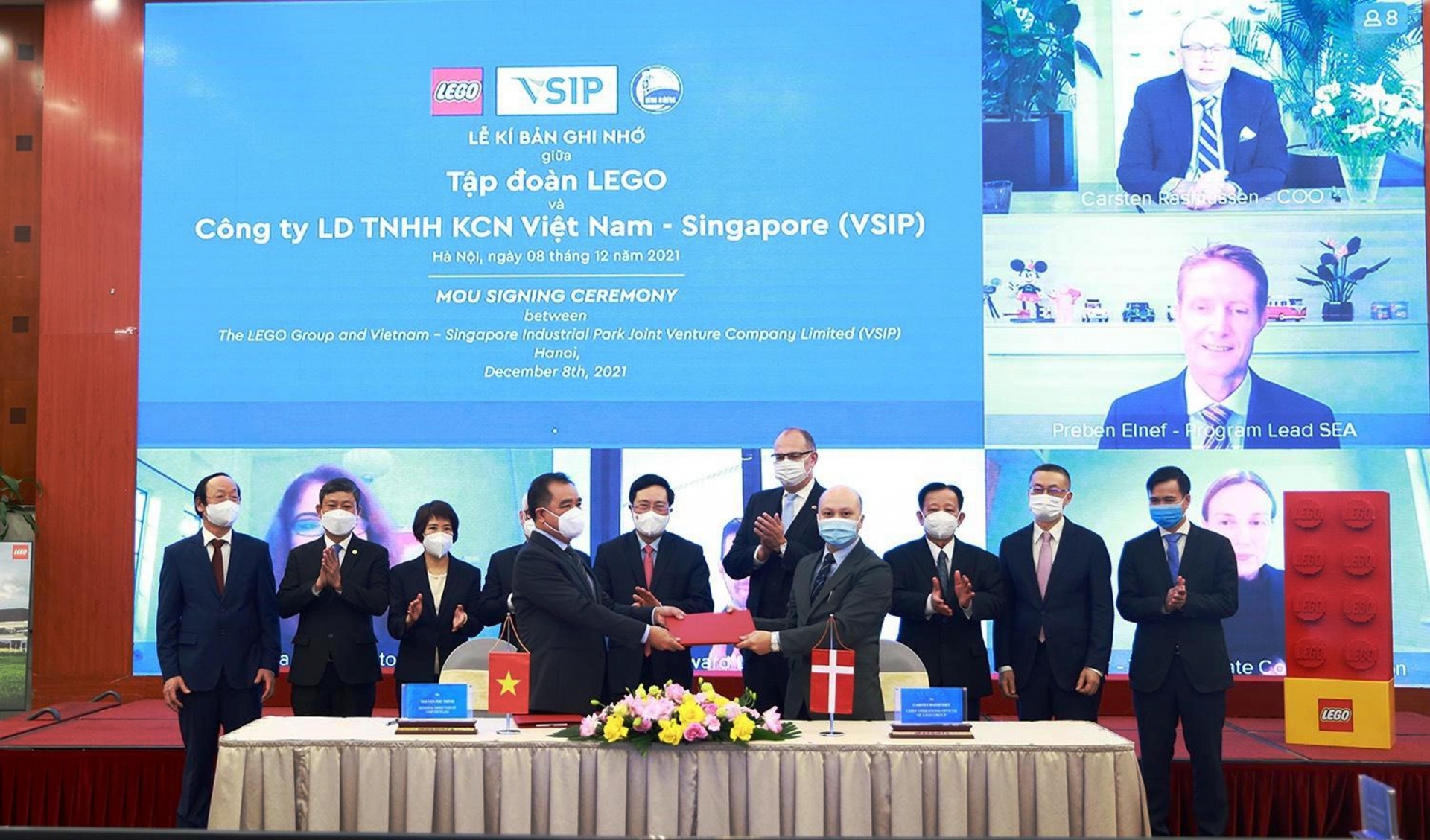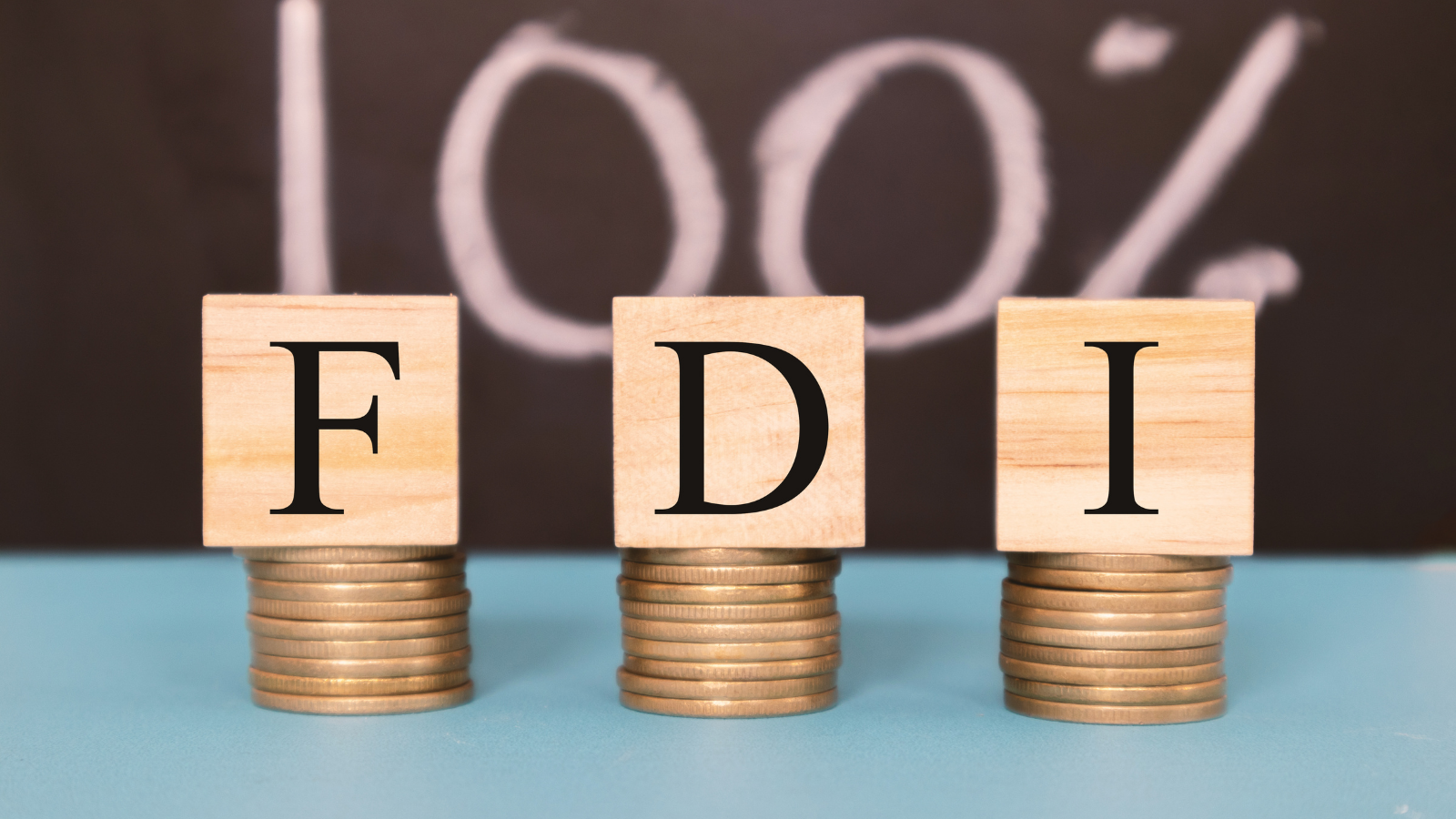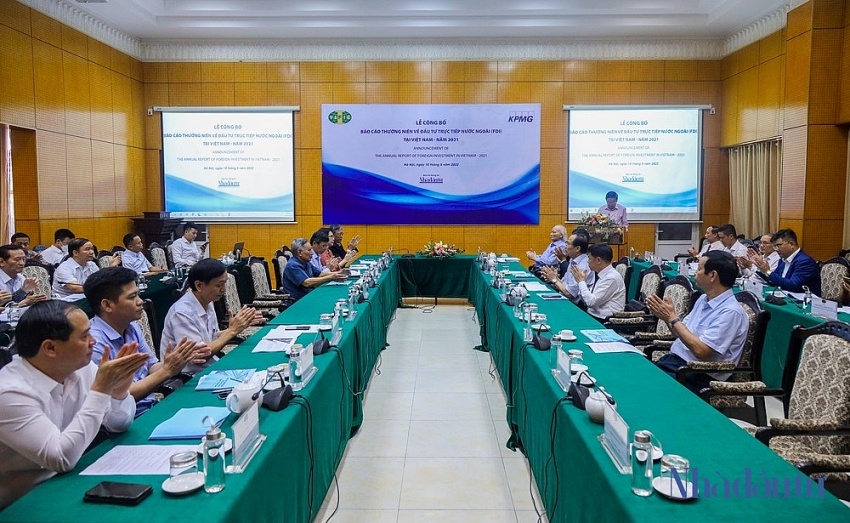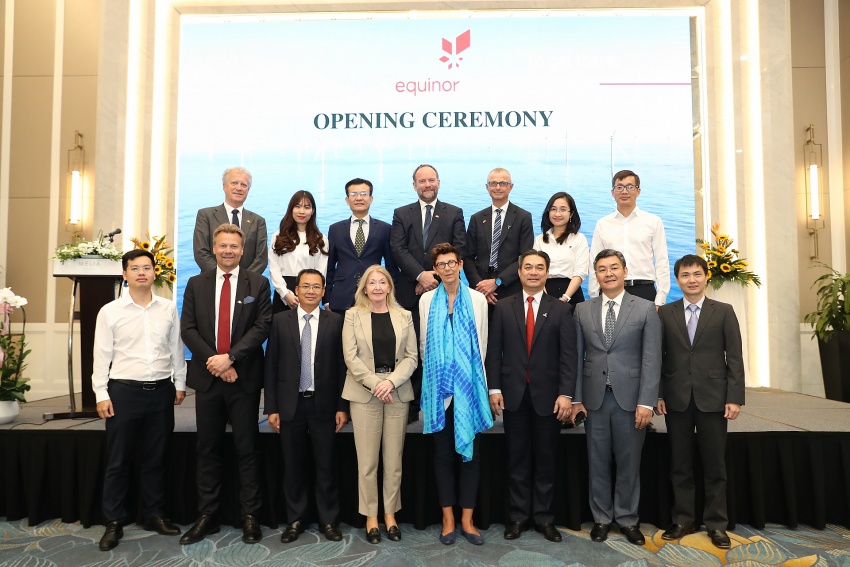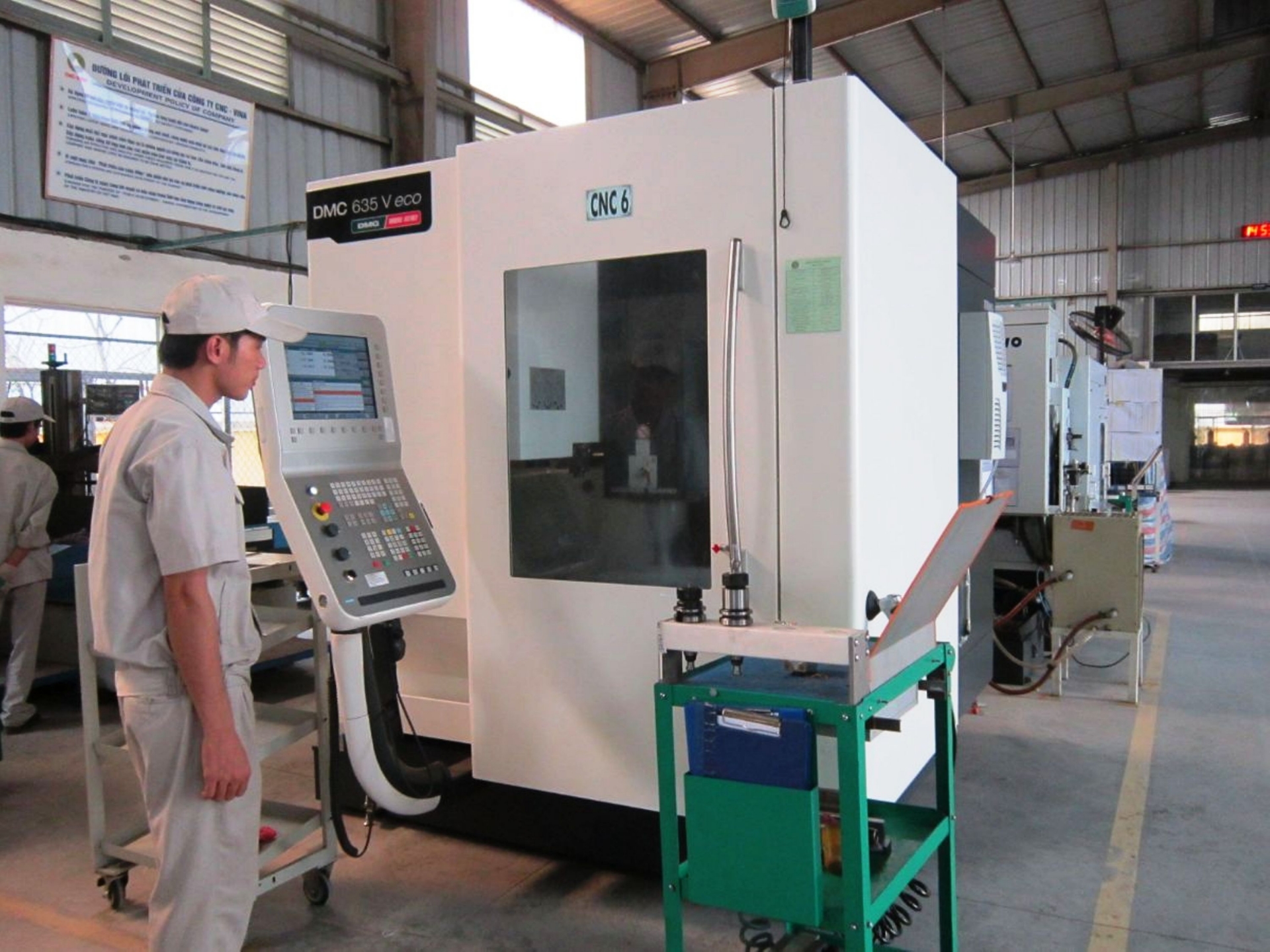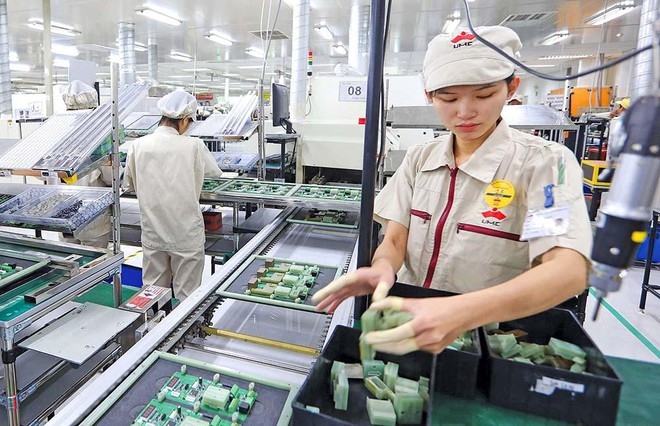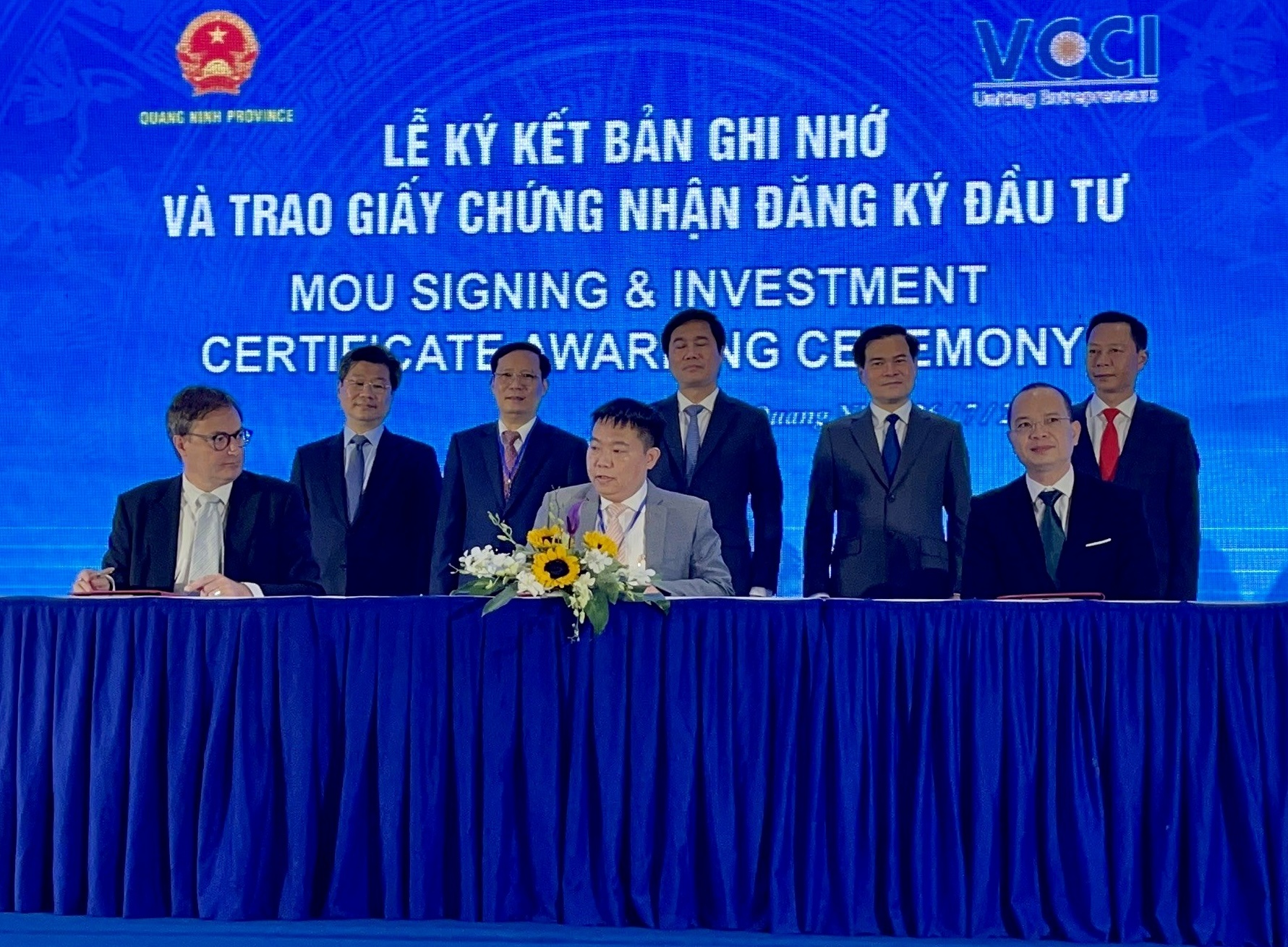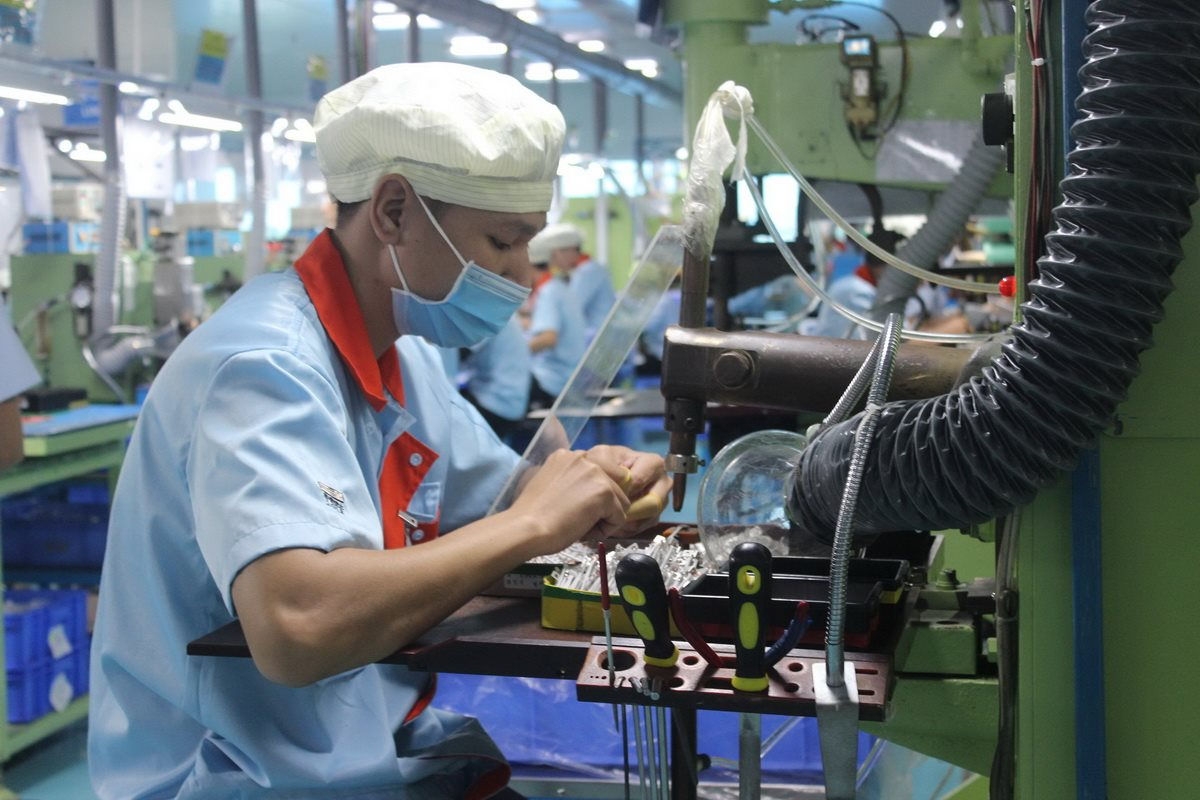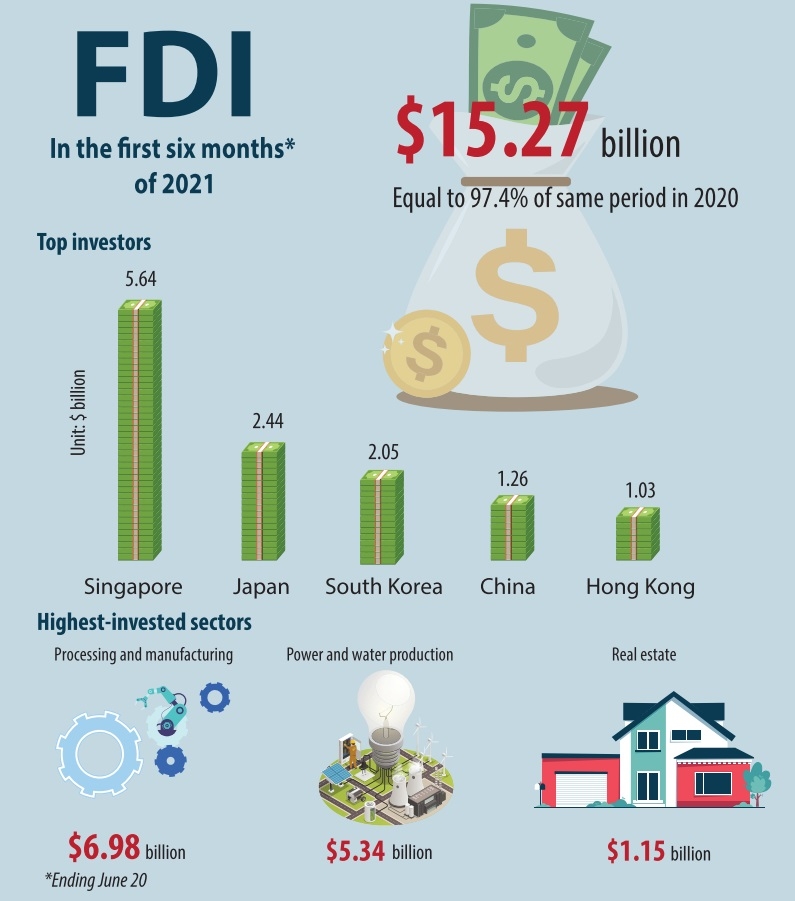Vietnam’s renewable energy sector lures foreign investors
(VEN) - Vietnam’s goal of raising renewable power sources to 45 percent of the national power generation capacity by 2030 requires US$14 billion, offering opportunities for both domestic and foreign investors.
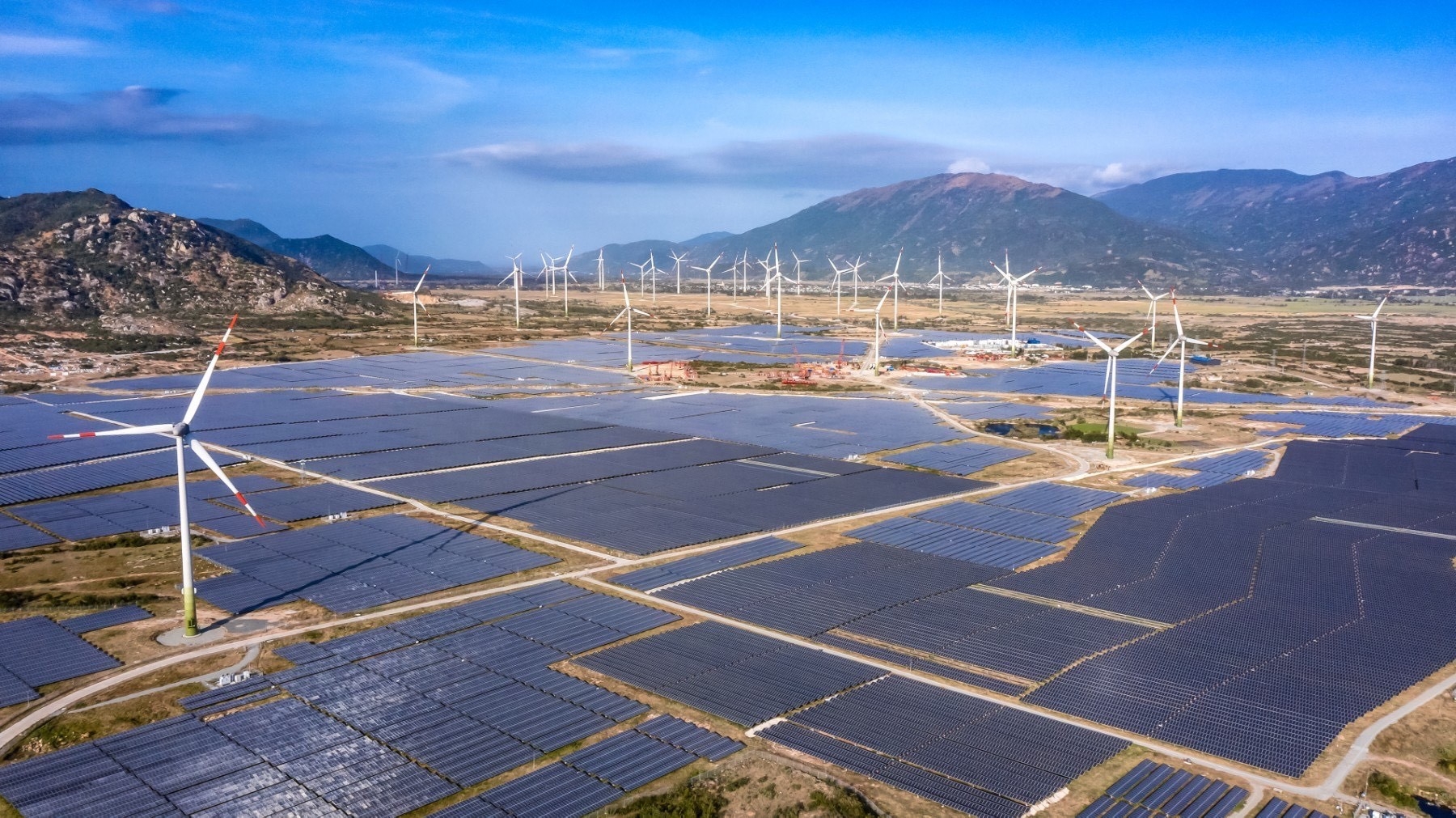
Great opportunities
During a May 11 visit to Washington, Vietnamese Prime Minister Pham Minh Chinh received leaders of the Asia Group, Blackstone, GenX and AES and urged them to focus research and investment on wind and solar power and tidal energy, which have great development potential in Vietnam. Representatives of the US corporations, for their part, expressed interest in energy transition projects in Vietnam and in helping Vietnam realize its strong commitments at the 26th United Nations Climate Change Conference (COP26) last year in Glasgow.
Singapore’s SP Group has pledged SGD750 million, or VND12 trillion, into sustainable energy projects in Vietnam by 2025. The group is encouraged by the government’s clear orientation for the next 10-20 years in Vietnam, one of its key markets, said Stanley Huang, chief executive officer of the SP Group. He added that the group targets 1.5GW capacity of rooftop solar energy by 2025, with its subsidiaries pledging to provide 1,000MW of renewable energy in Vietnam.

Several tens of billions of US dollars from other foreign investors have also been channeled into the Vietnamese power sector, with a focus on renewable energy. Denmark’s Copenhagen Infrastructure Partners (CIP), a pioneer in the offshore wind industry across Asia-Pacific, signed a memorandum of understanding with Binh Thuan Province on the development of a US$10-billion La Gan offshore wind project with total capacity of up to 3,500MW. In addition, Singapore’s Delta Offshore Energy Pte Ltd (DOE) invested in a liquefied natural gas-fired (LNG) power plant worth up to US$4 billion in Bac Lieu Province.
Long-term strategy needed
Ken Haig, head of Energy and Environment Policy for Asia-Pacific and Japan at the Amazon Web Services (AWS), said Vietnam needs a long-term strategy to promote investors’ participation in the renewable energy sector.
Although Vietnam passed the Law on Bidding and the Law on Investment, the development of regulations and policies for auctioning renewable energy projects remains slow. In addition, land and electricity planning needs to be synchronized.
Le Duy Binh, director of Economica Vietnam, said cities and provinces need to participate in the auction process in order to choose the best investors for renewable energy projects.
The Vietnamese government’s dual commitments to increasing power supply and improving air quality are key drivers in renewable energy development. Tax incentives and land tax exemptions are considered key motivators for foreign investment in the Vietnamese renewable energy sector.
|
Vietnamese Prime Minister Pham Minh Chinh has pledged that Vietnam will reach its net zero carbon emissions target by 2050. Vietnam gives high priority to sustainable energy development, contributing to national energy security and reducing greenhouse gas emissions. |

